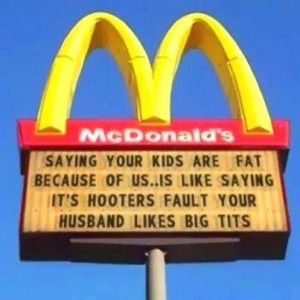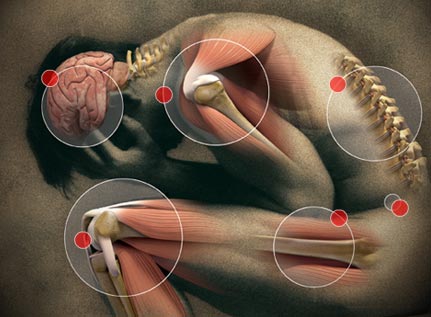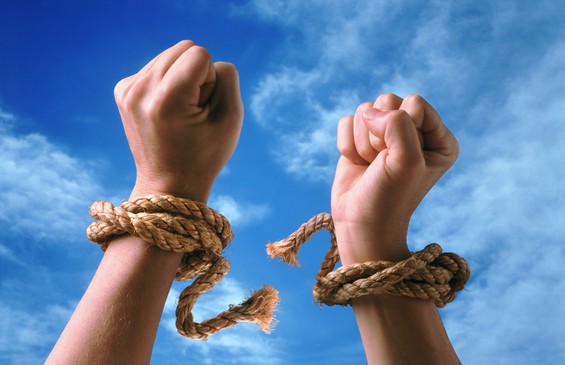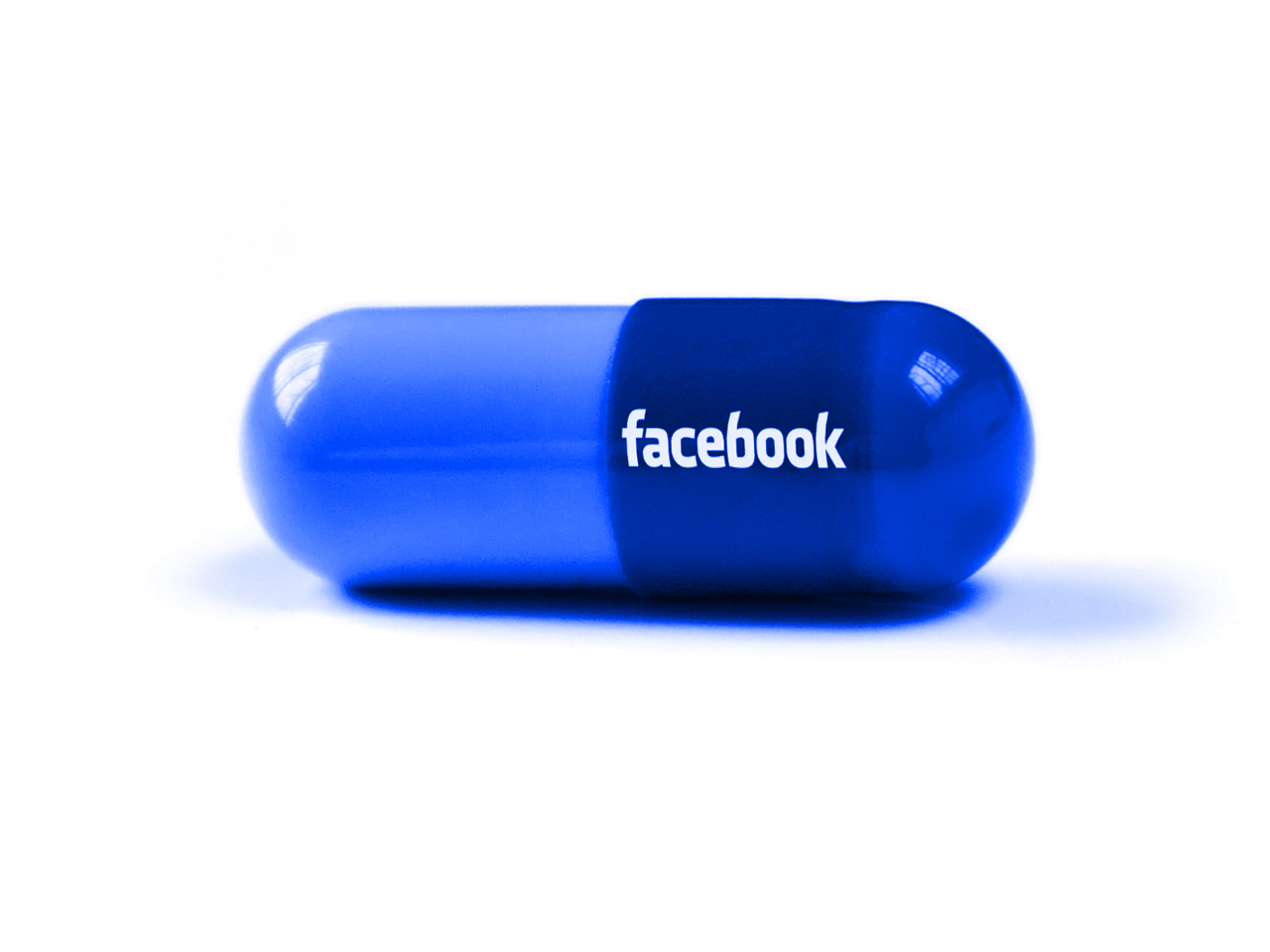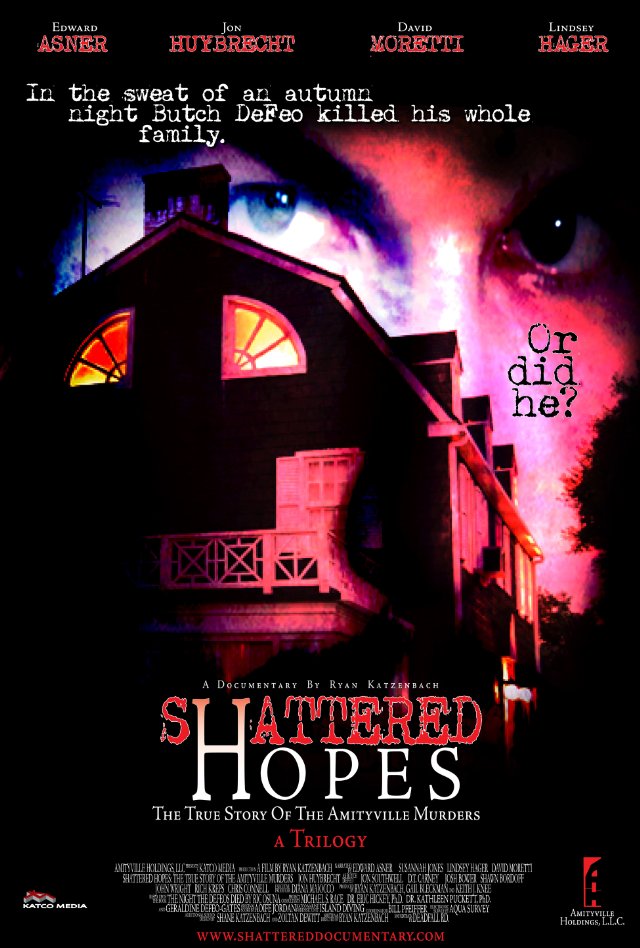CBS newsman Mike Wallace has died at 93. The most amazing thing about the age he lived to is that severe depression nearly cut his life short.
Mood music:
http://youtu.be/jMscc9ao04s
Wallace has always been a huge journalistic influence for me. He had guts most of us in the business envy. As Morley Safer writes this morning, “He lectured Vladimir Putin, the President of Russia, on corruption. He lectured Yassir Arafat on violence. He asked the Ayatollah Khoumeini if he were crazy.”
The guy had a bullet-proof set of balls.
During my own battles with depression, hearing Wallace’s story gave me hope and helped me forge ahead.
From the Safer piece:
Beneath the confident, even cocky exterior, Mike had his demons. Three times over the years, he was treated for severe depression, and revealed a few years back that he once tried to end it all with an overdose of sleeping pills. “Did you try to commit suicide at one point?” Safer asked. “I’ve never said this before. Yeah. I tried,” he replied. There are those who think that, thanks to his wife Mary, Mike mellowed a bit in recent years. But as the specter of retirement bore down, Mike fought it with customary defiance.
There are valuable lessons in his life story for anyone fighting depression:
As hopeless as depression can make us feel — I’ve been incapacitated by it on several occasions — having a mission bigger than ourselves can keep us going and ultimately lead us to sober satisfaction. In my case, journalism has been that mission. My depression was at a high after four years of being a desk editor. When I went back to writing, it gave me fresh purpose and dulled the hopeless feelings that dogged me.
I’ve had my emotional ups and downs in the last couple of years, though not nearly as bad as what I suffered in my teens, 20s and early-to-mid-30s. Writing this blog has helped me get some mental clarity on those occasions, and in turn has helped others struggling with their demons. In that sense, the blog became bigger than me.
The other lesson from Wallace’s story is that family and friends can be life savers. Wallace had his wife. I’ve had my wife, kids and friends.
You can’t always pull someone out of their awful state. But sometimes you can, and the person you save may be someone like Mike Wallace, who goes on to make a massive difference in the world.
Mike, congratulations on a life lived well. Thanks for inspiring me and others. I think you’re going to enjoy Heaven.

“60 Minutes” reporter Mike Wallace arrives at the “CBS At 75” celebration at the Hammerstein Ballroom November 2, 2003 in New York City. (Matthew Peyton/Getty Images)

